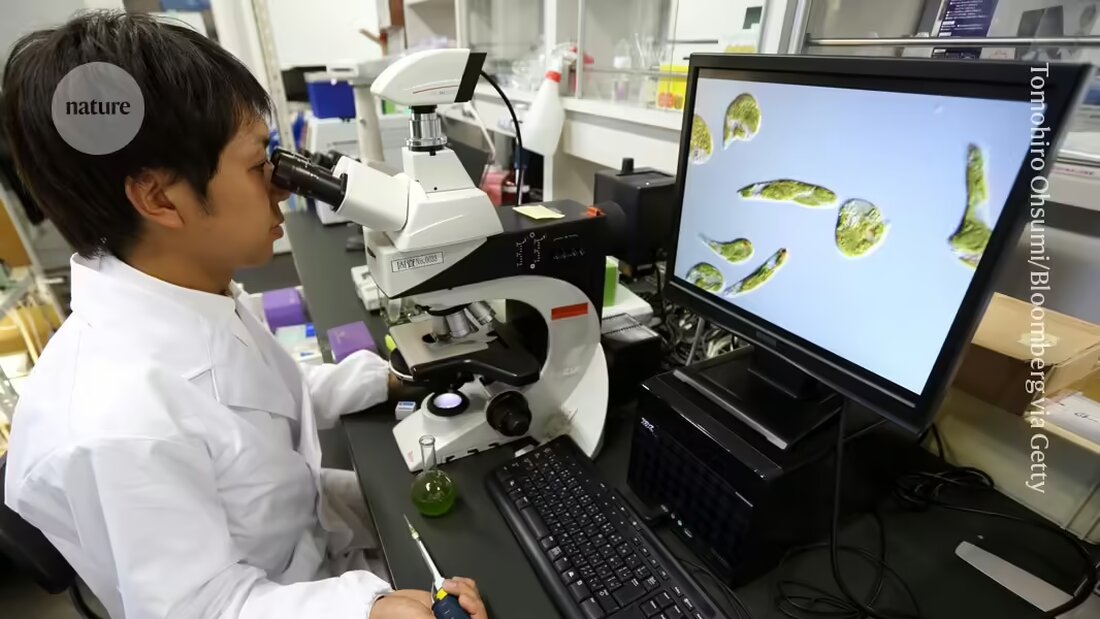More than 500 organizations representing hundreds of thousands of scientists in Japan have launched a petition calling on the government to increase funding for its main science funding agency.
The petition calls for increased funding for the Grants-in-Aid for Scientific Research (KAKENHI) program.
KAKENHI has provided critical funding for inquiry-based research driven by curiosity and has helped Japan record significant scientific achievements, including Nobel Prize-winning discoveries, according to Kazushige Touhara, a biochemist at the University of Tokyo and president of the Union of Japanese Societies for Biological Sciences induced pluripotent stem cells.
Although other grants are available for research with clear societal applications or government priority areas, Touhara says KAKENHI is the primary source of basic funding in Japan. KAKENHI's funds are the only competitive grants accessible to Japanese researchers of all disciplines.
In absolute terms, KAKENHI's annual budget has remained constant at just under 240 billion yen (US$1.5 billion) over the past decade. However, taking inflation and a weaker yen into account, the average amount allocated to each project fell by half between 2013 and 2022 (the most recent year available).
“A falling yen, rising publication costs and inflation over the last year have pushed academics to their limits,” said Yukiko Gotoh, a molecular biologist at the University of Tokyo who initiated the petition.
Declining position
The petition comes at a time of growing concern about the declining level of research in the country. According to one Report from 2023 Japan's Ministry of Education, Culture, Sports, Science and Technology (MEXT) said Japan's global ranking in countries with the top 10% of most cited papers, a measure of high-quality research, has fallen to 13th. One reason for this decline, political analysts say, is reduced funding. While many wealthy countries have increased their research spending significantly over the past two decades - China, for example, by more than tenfold - Japan's total spending has increased by only 10% in real terms.
In an effort to halt the downward trend, the Japanese government has pursued a "select and concentrate" strategy, directing resources toward a few disciplines in which the country can be competitive.
But Hiroshi Kimura, a cell biologist at the Tokyo Institute of Technology and co-organizer of the petition, says a main goal of the petition is to challenge this strategy. “There is no future for Japanese science without promoting diverse approaches to innovation,” he says. The Japanese government is increasingly directing both KAKENHI and other funding programs to the universities and disciplines it has selected. This leaves other research groups fighting for money.
Touhara explains that the petition will focus on KAKENHI as a first step as it is a realistic goal. The petition does not name a specific amount for the program, but organizers say at least 480 billion yen is needed to regain international competitiveness - double the current annual budget.
But Keitaro Ohno, a politician who sits on the ruling Liberal Democratic Party's Science, Technology and Innovation Strategy Research Committee, says increasing the funding pot is not that simple. He explains that the country needs to restructure its financing mechanisms, which have not been significantly revised in decades. Ohno generally supports more funding for scientists, but emphasizes that the KAKENHI funding program must be viewed in conjunction with other research funding programs. “Given the significant progress we have made in university reform,” he says, it is time to “fundamentally restructure the funding mechanisms.”
Naturehas asked the Office for Science, Technology and Innovation Policy for a statement on the petition and will update the article accordingly.

 Suche
Suche
 Mein Konto
Mein Konto

